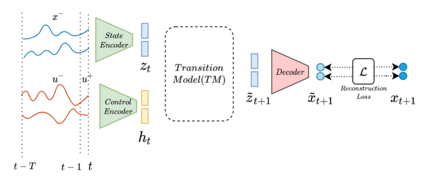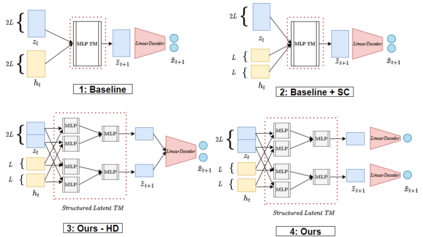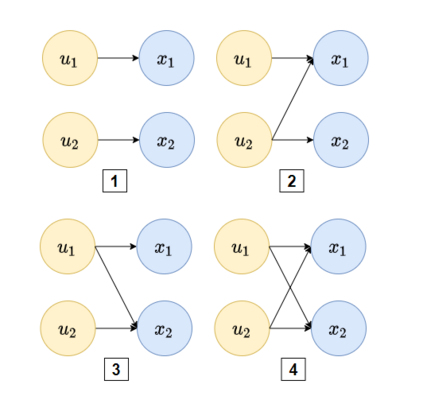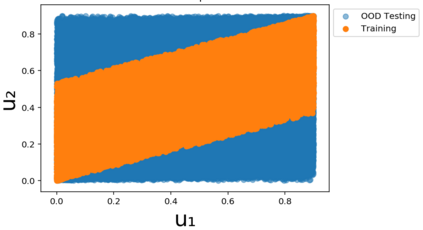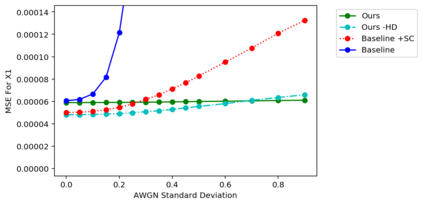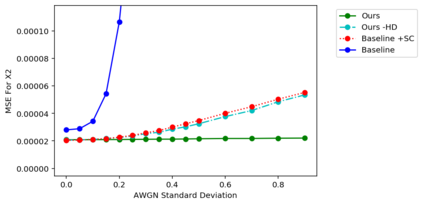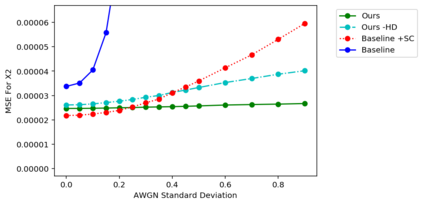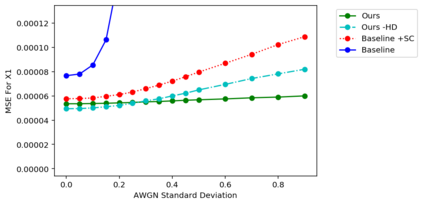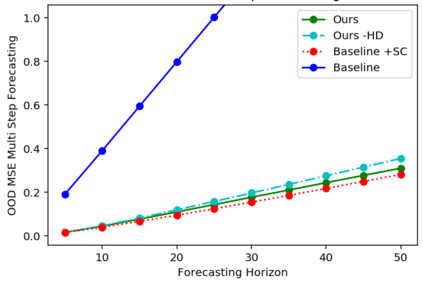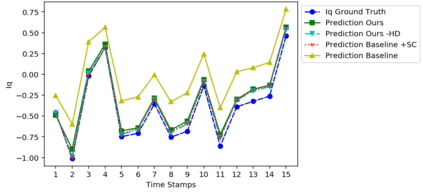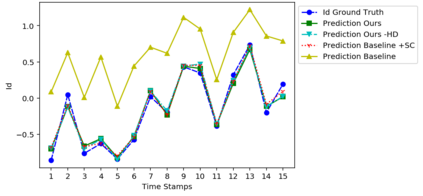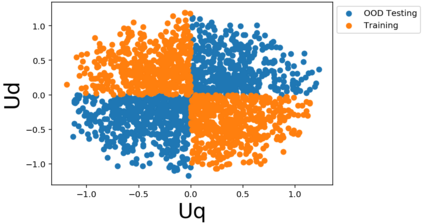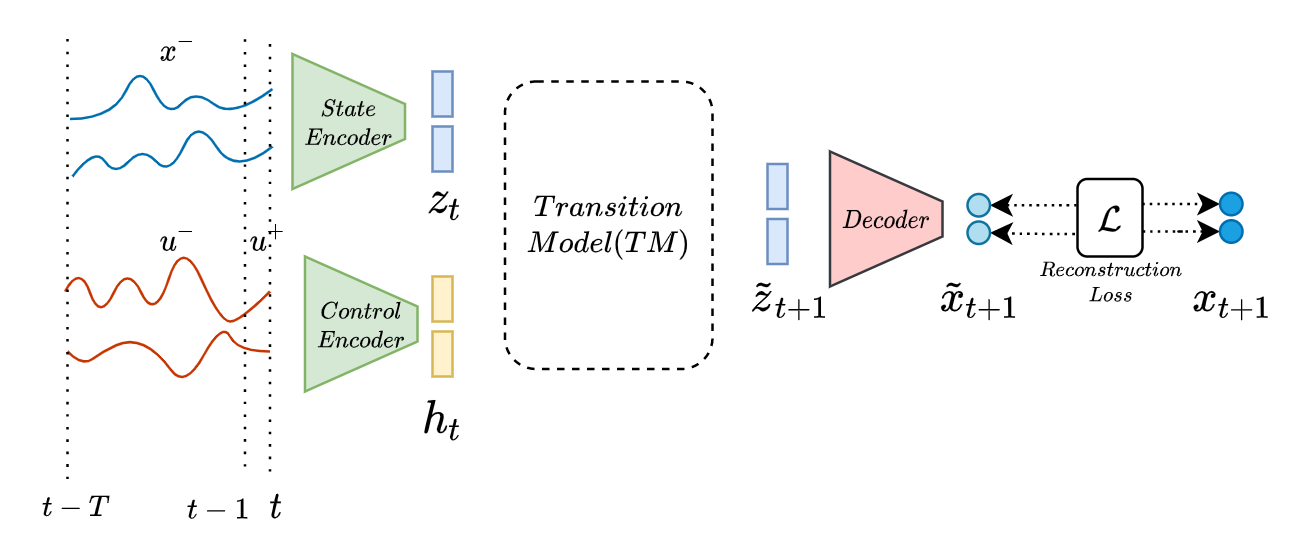Prior work has focused on evaluating the ability of neural networks to reason about novel combinations from known components, an intrinsic property of human cognition. In this work, we aim to study systematic generalization in predicting future state trajectories of a dynamical system, conditioned on past states' trajectory (dependent variables), past and future actions (control variables). In our context, systematic generalization implies that a good model should perform well on all new combinations of future actions after being trained on all of them, but only on a limited set of their combinations. For models to generalize out-of-distribution to unseen action combinations, they should reason about the states and their dependency relation with the applied actions. We conduct a rigorous study of useful inductive biases that learn to predict the trajectories up to large horizons well, and capture true dependency relations between the states and the controls through our synthetic setup, and simulated data from electric motors.
翻译:先前的工作重点是评估神经网络对已知部件的新组合(人类认知的固有特性)进行思考的能力。 在这项工作中,我们的目标是研究系统化的概括化,以预测一个动态系统的未来状态轨迹(以过去各州的轨迹(依赖变量)为条件 ), 过去和将来的行动(控制变量)为条件。 在我们的背景下,系统化的概括化意味着一个良好的模型在接受了所有这些部件的培训之后,应该很好地运用所有未来行动的新组合,但仅限于有限的组合组合。 对于将分配外的模型推广到不可见的行动组合,它们应该说明州及其与应用行动之间的依赖关系。 我们严格研究了有用的感官偏见,学会预测远至大视野的轨迹,通过我们的合成构件和电动机的模拟数据捕捉各州与控制之间的真正依赖关系。

